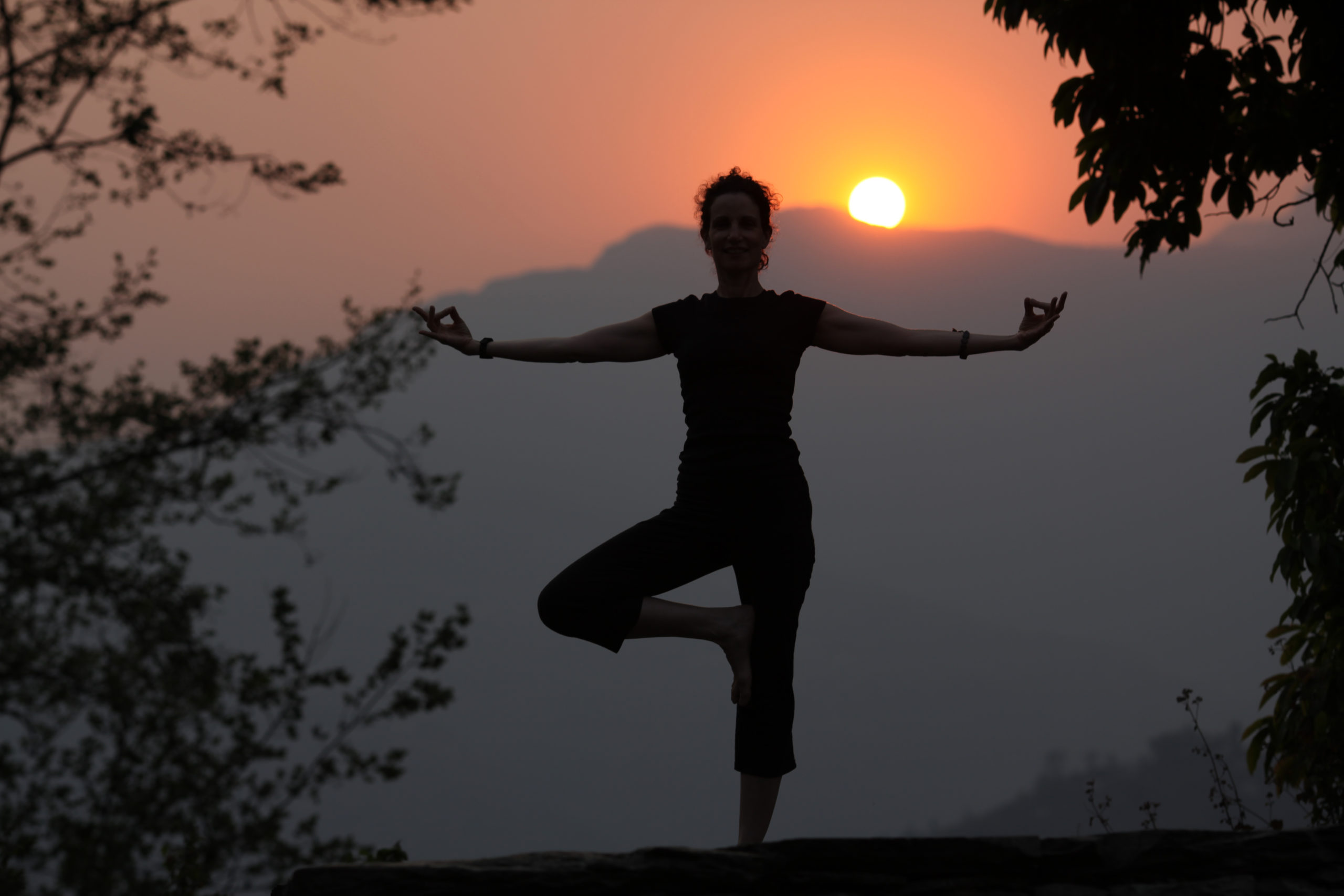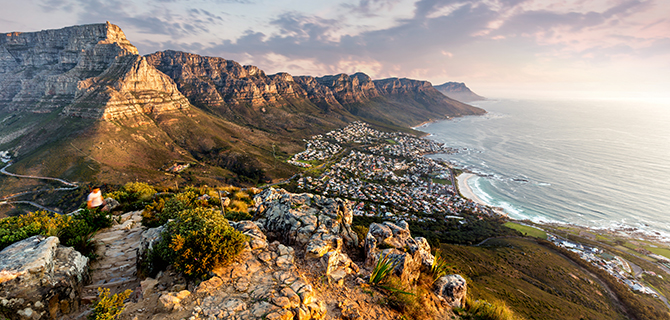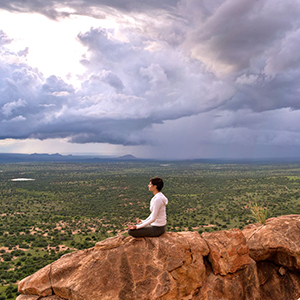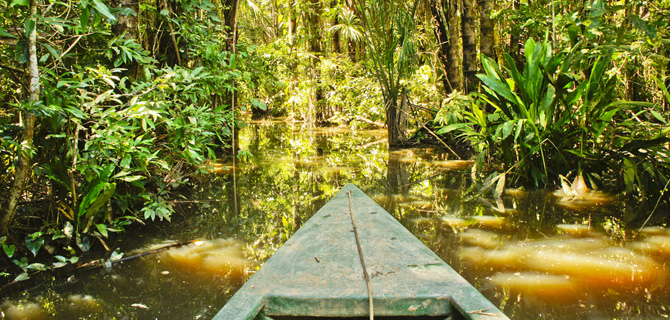To acknowledge how you make sense and meaning of your experiences on any philanthropic donor trip, you must carve out time to care of yourself
By Dana Droller
Wellness, mindfulness, and self-care have been major buzzwords recently. They have naturally found their way into our work at Elevate Destinations as critical, yet often overlooked, aspects of philanthropic donor trips.
Our team works with social impact organizations to plan trips for their supporters to deeply engage with their mission through a personal connection with the communities and places they support. During these trips, challenging topics, profound stories, and painful realities can be illuminated. These experiences often trigger varied emotions that can be challenging to process – especially during a fast-paced trip. However, digesting and making sense of these complex experiences is part of the learning experience and is how we create meaning from them.
To be able to tune in and acknowledge how you feel, what you think, and where your most powerful lever of change is, you have to take care of yourself. So, how can you pause and take a moment for yourself during a fast-paced donor trip? The Social Impact Journeys Team at Elevate Destinations put a list together with tips on how to take a moment to come back to what grounds you.
Be present
Ninety percent of our work at Elevate Destinations is creating realistic expectations for travelers. And we do this very well. However, this level of detail about the food, smells, sights, money, etc. can get in the way of being present. While it’s crucial to learn about the culture, politics, infrastructure, and environment of where you are visiting, try to avoid figuring out what everything might be like and experience it with fresh eyes and an open heart. Find a balance of being prepared with being open to all possibilities.
Travel to Learn, Not to Know
When you travel to learn, you release yourself of the pressure and stress of expecting yourself to be correct or taking on the role of an expert. By traveling to learn, you are free to explore and be more open and present with who is there and what is happening rather than coming in with an agenda. The perspective of a learner is a more enjoyable place from which to travel and examine your interactions. A learner is inherently more curious – and a better conversationalist with those they meet along the way. It is important to acknowledge what your preconceived notions may be about a destination and a community and to set that up for your own personal interrogation as you go on this learning journey. Let the idea of learning open you up to new ways of thinking, behaving, and challenging what you know or believe.
Find a Travel Partner
Take advantage of traveling in a group and seek out support from one of your peers – someone you feel comfortable opening up to, individually. Travel partners, especially when they are participating on the same journey you are, are important to decompress with. They may share your experiences, or offer new perspectives and interpretations which can deepen your learning. Decompressing with others who can support you practically or emotionally along the way is a valuable tool for your well-being while traveling.
Physical Self-Care
Take care of yourself in what may seem like the basics – sleep, eat, hydrate and move. If you have the time, consider arriving a few days early to get acclimated to your new environment. It will take time for your body and mind to adjust to things like the time difference, the climate, and the food – so do what you can to gradually adjust.
Stay hydrated. Take electrolyte tablets, or powders like Emergen-c, and drink much more water than you think you need. The physical movement and emotionality of travel and new environments can take a toll on your body and if you are dehydrated, you will likely experience sluggishness, heaviness, and tiredness.
Move. Donor trips include a lot of travel – from getting to your destination to site visits, there is a lot of sedentary time on these trips. Your body needs to move – to walk, stretch, swim, and dance. Anything that feels good and shakes things up a bit. We store emotions in our physical bodies, so physical movement is just as important as your emotional self-care practice. This will look different for everyone, but be sure to do something to move every day, in addition to walking on site visits and sightseeing activities.
Spend Time Alone
Try to carve out 30 minutes each day for yourself. Spend time alone when you need it, and do something special. Thoughtfully structure your personal time. Perhaps you wake up early and have breakfast by yourself or go for a morning walk or stretch. Perhaps you pack a travel candle and light it when you journal. Perhaps you go for a walk in nature or have coffee at a local cafe. Anything that allows you to re-ground yourself and tune inwards. This is when the magic happens – when you have quiet time for yourself and your own personal reflection.
Write
Bring a journal with you and write. Let the words flow naturally. Write about anything that comes to mind. Any questions or thoughts you may have. Writing is a safe space to acknowledge and make sense of our emotions and experiences.
Julia Breul, Associate Director of Social Impact Journeys at Elevate Destinations tries to journal every day on trips. For her, this ritual helps her “to work out [her] thoughts, reactions, and frustrations on my own so that [she] can bring my most cool, calm, and collected self to the group.”
Let Nature Ground You
Find solace outside and engage all five senses to fully experience your new surroundings. Immersing yourself into nature and fresh air where you can see, smell, and sometimes taste and feel this new environment can help you feel calmer and grounded. Take a moment and close your eyes during a site visit or sightseeing activity to pause and observe. Really take in the natural essence of the place you are in. By doing this, you can clear your mind of clutter and distracting thoughts and engage deeply with the present moment.
Build in Time Before or After the Trip
It is a rule at Elevate Destinations that we arrive three days before a trip begins. This allows our staff to acclimate to the time zone and get our bearings. If you have the time, we strongly encourage you to arrive a few days before the trip officially starts. Jet lag has the most significant impact on people’s ability to be present and process information and if you can temper its effects with an early arrival, we strongly encourage you to do so.
After the trip, decompress and do something you didn’t have time to do during the journey. Plan a side excursion for yourself to explore the destination outside of the donor travel lens. Give yourself time to transition from an intense donor visit back to your routine by doing some fun sightseeing!
These are just a few ideas for you to spark or expand on your self-care practices. Every individual has different needs, so be sure to listen and take good care of yourself so you can make the most out of your journey.
Do you have other travel tips and self-care practices that you would like to share with our community? Email Dana Droller at dana@elevatedestinations.com and we can continue to expand on our list of wellness tips.





